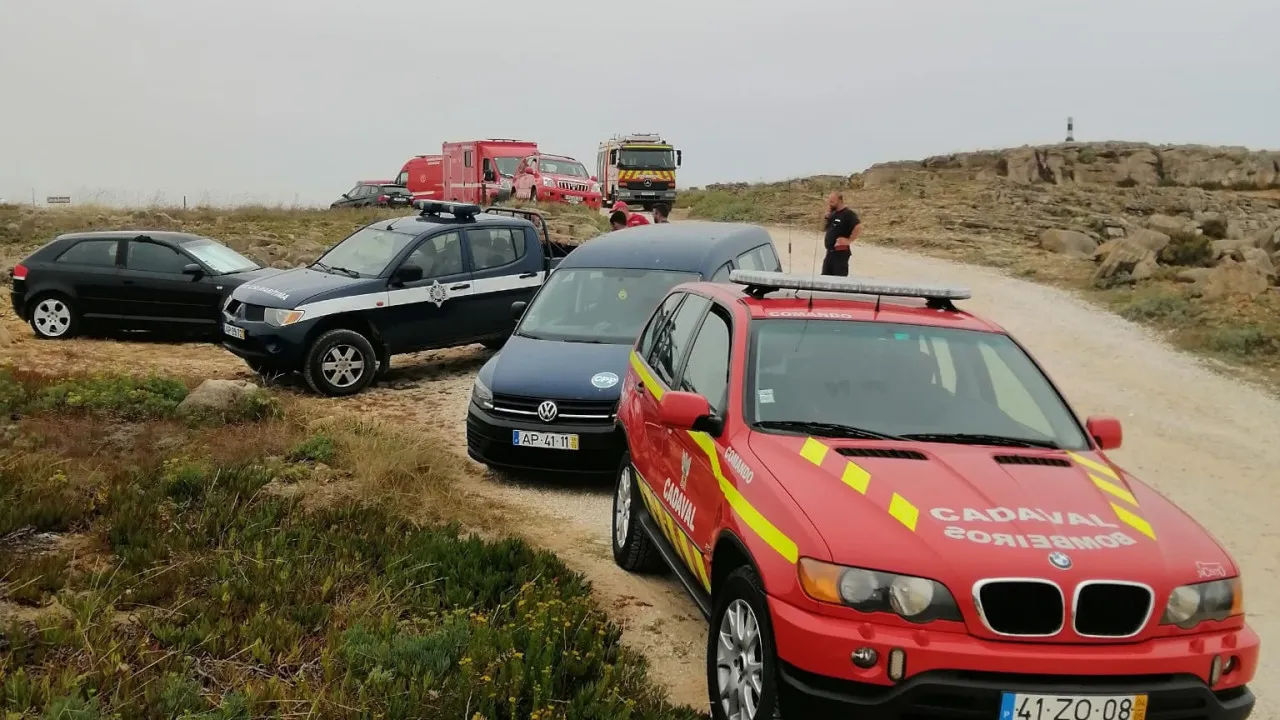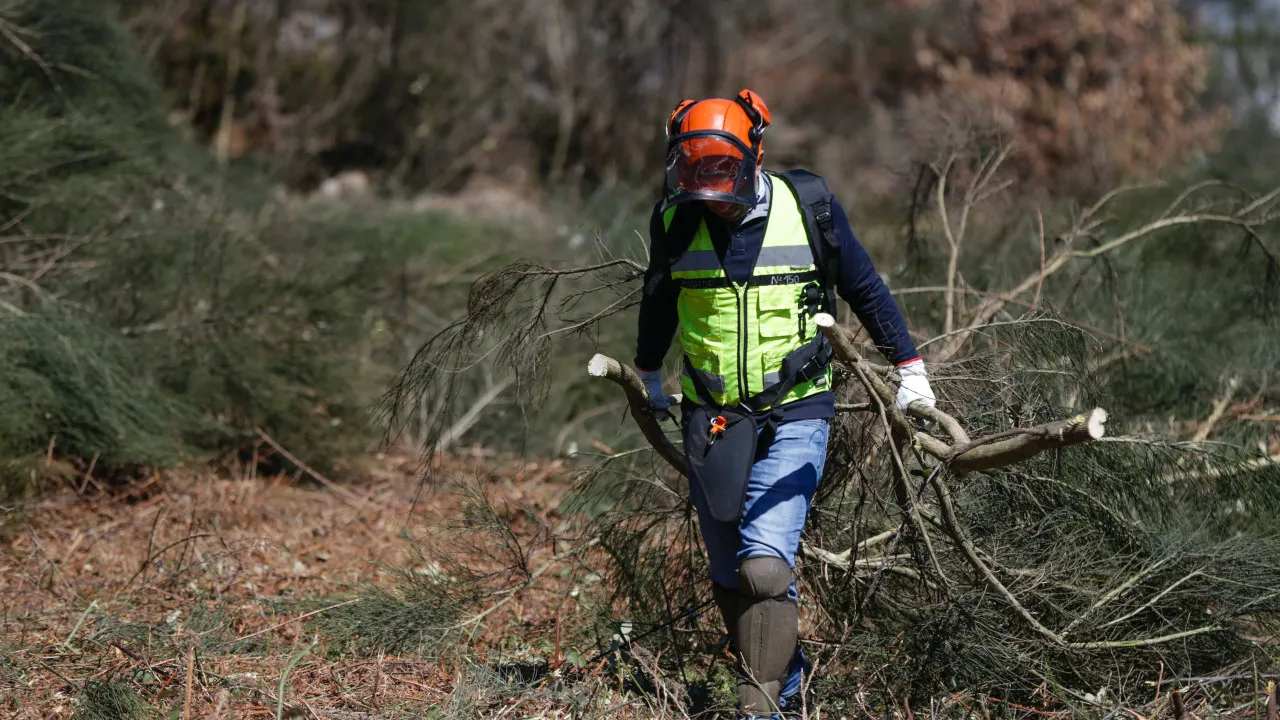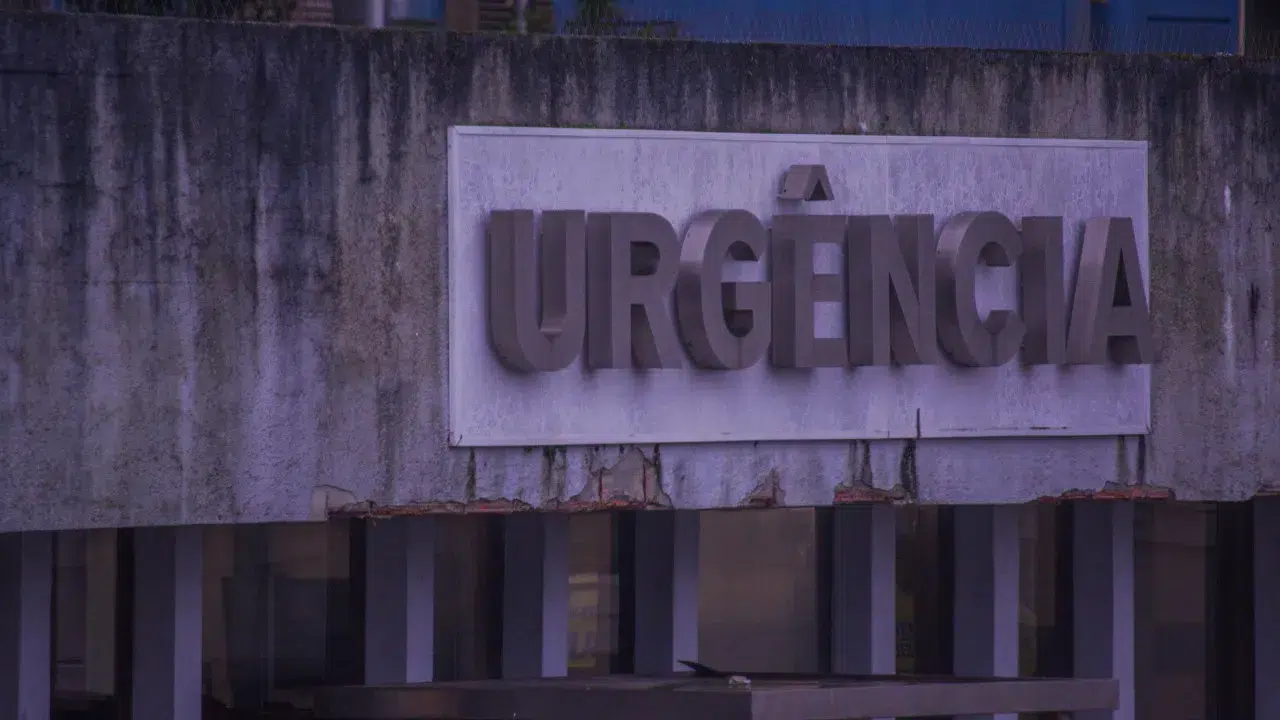The Government of the Azores hopes to have a plan to combat pests operational by the end of the month, warning that there is an “excess” population of protected birds that are causing losses to farmers.
“We are not against protected birds. What we want is for there to be a population that is in balance with what the agricultural economy is experiencing. At the moment, there is an excess of these protected birds. I’m talking about the blackbird, wood pigeon and turtle dove, “said the Secretary of Agriculture and Rural Development to the Lusa agency.
António Ventura warned that those animals are “economically affecting” many local productions in the areas of horticulture, viniculture and corn.
“It is our idea that by the end of August we can have an opening and an authorization so that the overpopulation can be corrected,” he said.
On Saturday, the BE spoke out against the slaughter of protected species through an operational plan to combat pests affecting crops in the region, asking for “all the technical and scientific documentation” to support the request for authorization to the European Commission made by the Regional Government with a view to slaughtering these species “.
Today, the regional secretary said that the Regional Government (PSD/CDS-PP/PPM) is “preparing a report that identifies and justifies very precisely” that the populations of those birds “are in excess in the Azores”.
Ventura emphasized that the increase in the population of the torcaz, turtledove and blackbird is “crowding out other species of birds that are disappearing”.
“In one year we have increased local maize production by more than a thousand hectares. We cannot encourage and want to increase local maize production to replace imports in view of the war situation when then pests are a local difficulty,” he said.
Regarding other pests, the minister recalled that the hunting of the rock pigeon is “open all year round” and said that the executive will increase the supply of rat poison to farmers.
Speaking to the Lusa agency, the president of the Terra Verde association warned that pests mainly affect vegetables and fruit, giving the example of potatoes, watermelons, melons or carrots.
Manuel Ledo gives an example of the case of the wood pigeon, which, even when the land is sheltered with “expensive” protective nets, can cause “a lot of damage”.
“There is a very high population, even of protected animals. The density has increased to such an extent that it is difficult to control without intervening in the population, such as opening up hunting,” he said.
The head of Terra Verde, which brings together 120 producers, also highlighted the impacts of the rabbit and rat plague, which has caused “a lot of damage”, calling for a “fight against pests from one end to the other”, involving municipalities and various government departments.
“We don’t want to eliminate all species, but a balance is needed. We must support all species, but the losses always fall on the farmer. There has to be a contribution from everyone”, Manuel Ledo appealed.
He concluded: “We already produce in many cases taking losses into account, but when losses become so high that they often reach 70% to 80% of production, it is difficult.”








